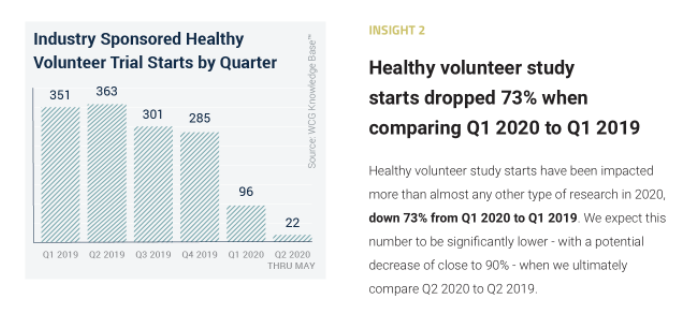Covid-19 has upended societies and dramatically altered everyday life across the globe. Our present circumstances, while unprecedented, have been profoundly shaped by persistent societal realities—such as entrenched racial and economic inequality, the proliferation of misinformation, and anxieties about the ability of the world’s democracies to confront major crises. In-depth social understanding will be vital to apprehending the crisis and charting a path forward.
Learn MoreInitiatives
Events
Join leaders in science, policy, and social research at the Futures Forum on Preparedness, hosted in partnership with Schmidt Futures, for the debut of new research on the global Covid-19 response and to reimagine the future of public health.
The Social Science Research Council and SAGE Publishing are pleased to present a series of conversations—REIMAGINING SOCIAL INSTITUTIONS—a public forum focused on the work of cultivating equitable, anti-racist social institutions. The second event in the series, REIMAGINING HIGHER EDUCATION, featured several prominent experts of inequality in higher education.
The SSRC and SAGE Publishing are pleased to present the first of a series of conversations—REIMAGINING SOCIAL INSTITUTIONS—a public forum focused on the work of cultivating equitable, anti-racist social institutions. The first event in the series, REIMAGINING SCHOOLS, featured several prominent experts of inequality in higher education.
Covid-19 and the Social Sciences Essay Forum
Starting with SSRC president Alondra Nelson’s reflections on “Society after Pandemic,” this series of essays explores the human, social, political, and ethical dimensions of Covid-19. These pieces call attention to how social research can shed light on the short- and long-term effects of the pandemic and what can be done to improve responses, both now and in the future.

The question of how to reopen our societies in the wake of the Covid-19 pandemic poses special questions for social researchers. How do the social conditions exposed, exacerbated, and created by the novel coronavirus demand that we substantively rethink our ideas of society and, therefore, some of the prevailing assumptions of social science?

This series brings together the research and reflections of fellows of SSRC’s Africa programs, scholars, practitioners, and activists on the nature, impacts and responses to the Covid-19 pandemic in Africa, including its local-global connections.

The spread of the novel coronavirus across the globe poses an enormous public health and economic crisis; similarly, it is a crisis of, and for governance. How is Covid-19 impacting democratic governance? What does the current crisis tell us about democratic strengths and weaknesses under states of emergency?

Debates about research in insecure places foreshadowed the constraints that Covid-19 now imposes on all fieldwork. How has the pandemic changed research practice? What security and ethical concerns might be generated by remote research and transregional collaborations in insecure contexts?

This series of essays, drawing on insights from research on disasters and public health crises, will highlight how social research can shed light on the mutual effects of social inequality and events such as the Covid-19 pandemic over time.

This series draws together scholars across the social sciences and the humanities to address various questions raised or renewed by Covid-19, and its effects on religious and public life globally.

Perhaps at a scale unseen before, the Covid-19 pandemic is experienced, managed, and coped with through a range of mediated experiences, positive and negative. This essay series examines the Covid-19 pandemic as part of a transition toward fully mediated moments of crisis.
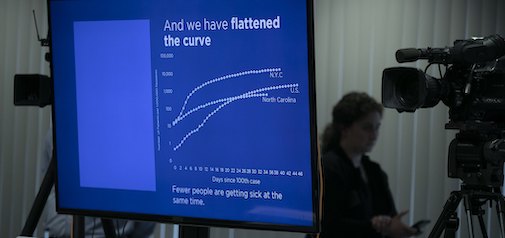
These essays examine the use of policy modeling in the context of the Covid-19 pandemic, and how these methodologies may impact future decision making by both the public, experts, and policymakers.
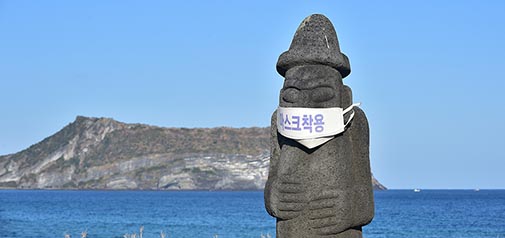
In these essays, scholars examine how East Asian countries responded to the Covid-19 crisis, analyzing the pandemic’s impact from international relationships to domestic affairs.
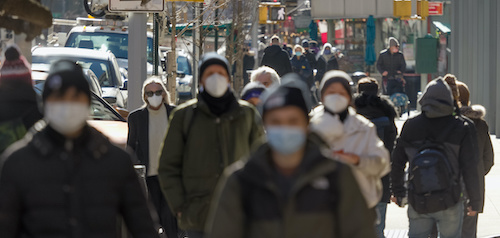
Recipients of the SSRC’s Rapid-Response Grants on Covid-19 and the Social Sciences share their insights from the field.
A Time Capsule for Future Social Researchers
Inspired by the Council's Rachel Tanur Memorial Prize for Visual Sociology, we ask prominent scholars to select a visual artifact of this time that will help future researchers understand the Covid-19 crisis.
Unnatural Disasters and Social Disease
Here we gather analysis from scholars SSRC has convened to reflect on social shocks over the last two decades. These essays offer crucial context for the Covid-19 crisis. Taken together, they suggest the increased frequency of social tumult catalyzed by climate change and political conflict, as well as the constancy of the disparate and harmful impact of these events on vulnerable communities.
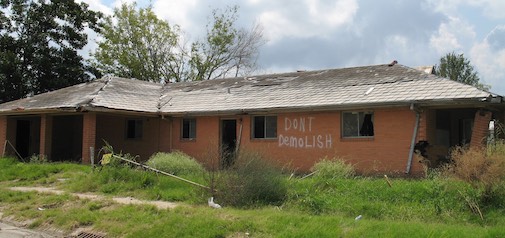
In this series of essays, scholars reflect on Hurricane Katrina as an "unnatural" disaster and examine the underlying social, political and economic issues and the structural and institutional sources of inequality it laid bare.
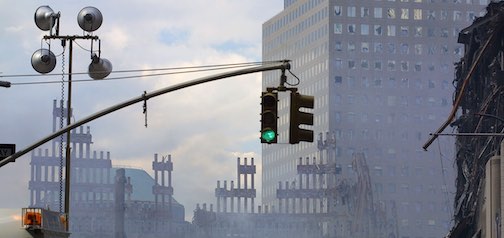
The violence of September 11, 2001 stimulated public soul-searching, military and diplomatic responses, and efforts to reform policy. These essays explore questions about social organization, institutions, popular mobilization, and culture and politics raised by the attacks and reactions to them.
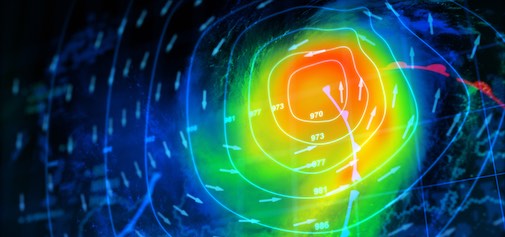
How decisions are made under conditions of uncertainty is a perennial question of social science. The stakes are especially high for risks brought about by the occurrence of extreme weather conditions. How do experts and the public experience and respond to the uncertainties of climate disaster?











